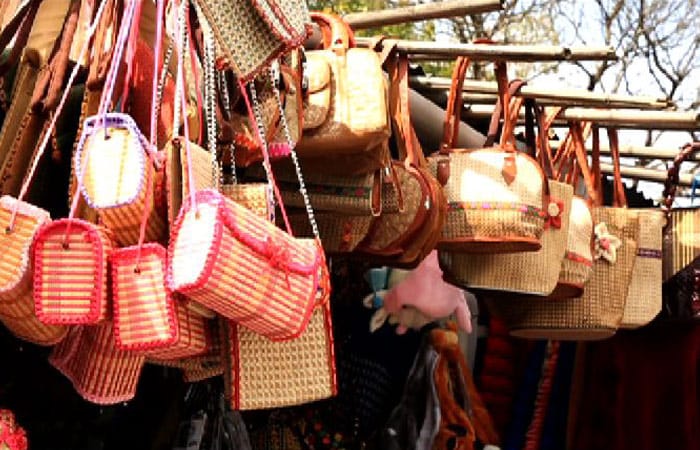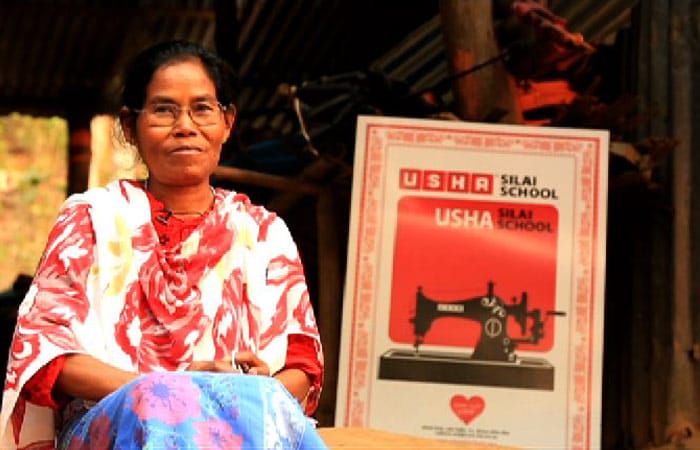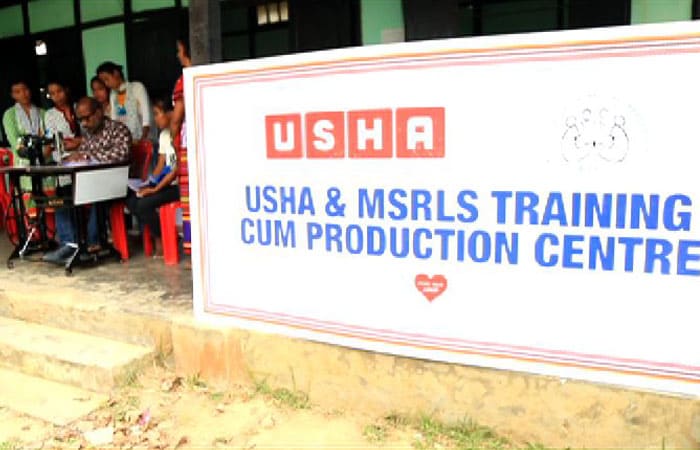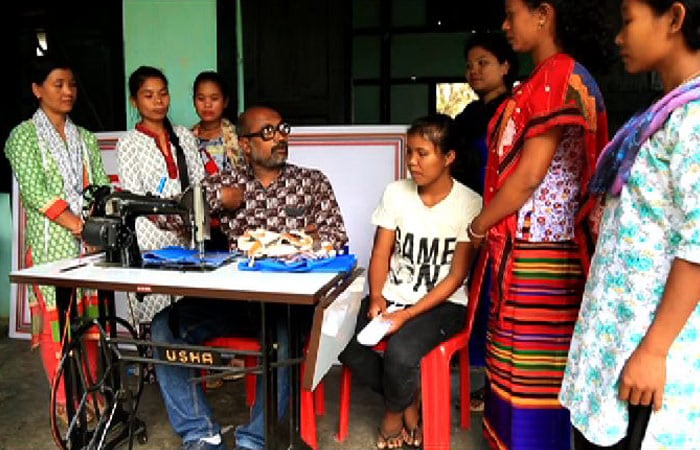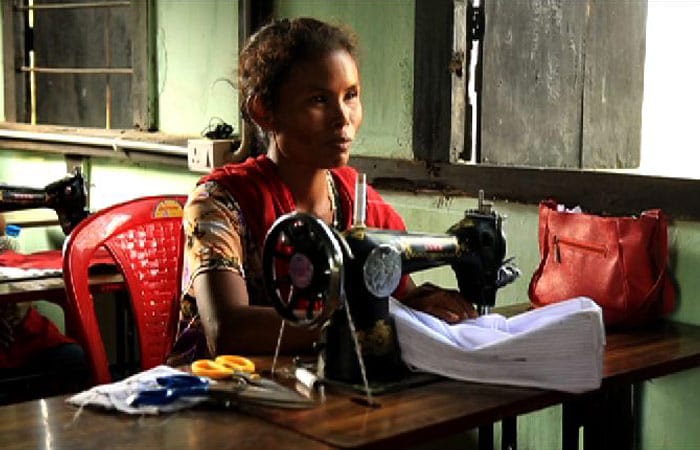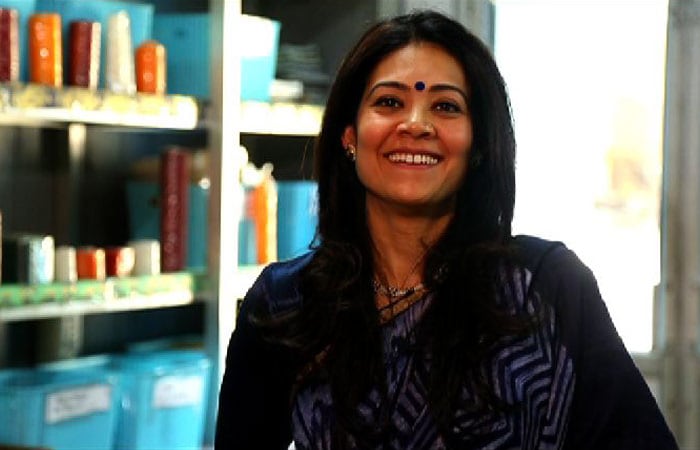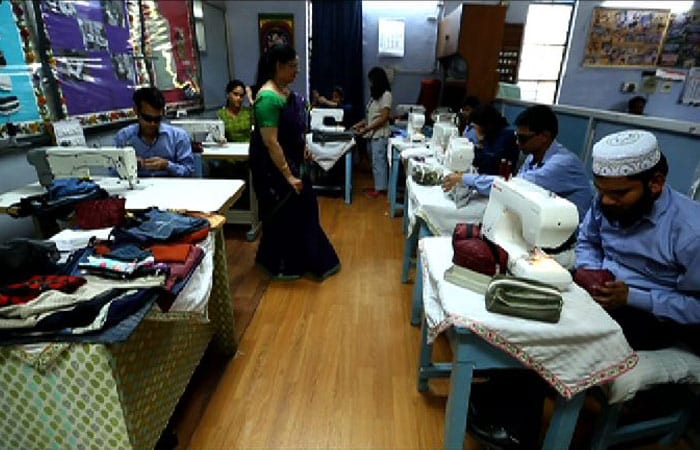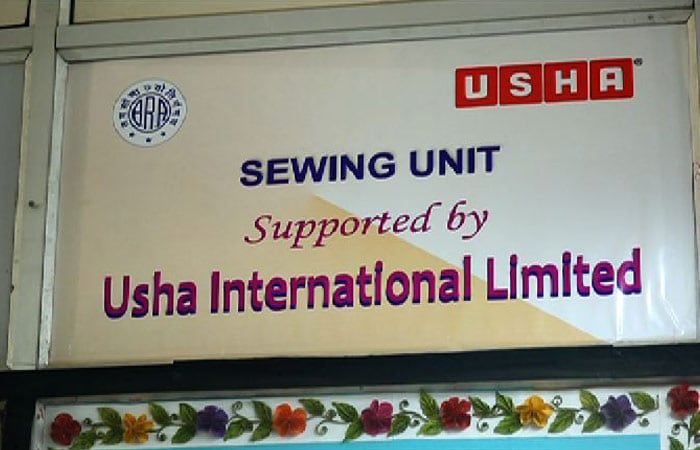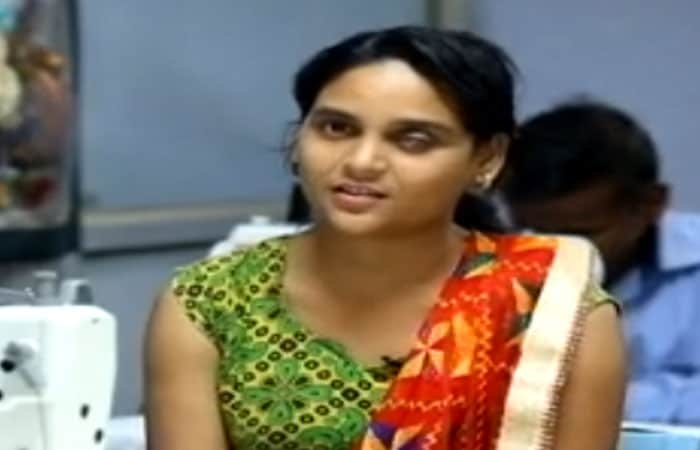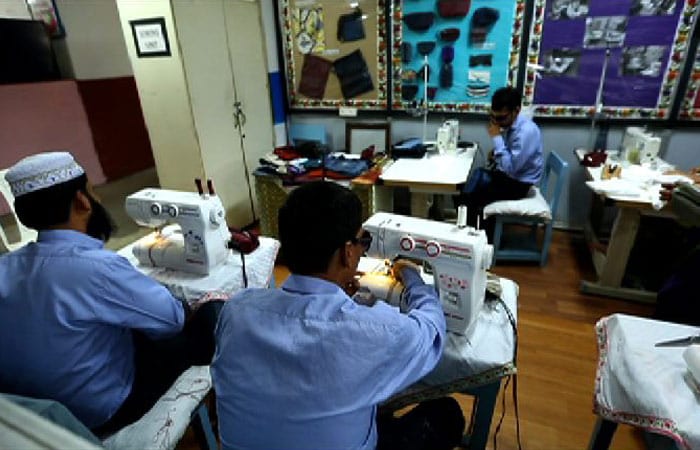USHA Silai School Goes Beyond The Mainstream To Empower And Uplift Individuals
The aim of USHA Silai School has always been to empower both men and women and provide them a better source of livelihood. Keeping up with their motive, in Meghalaya, USHA Silai School trained women to make cloth bags, an alternative to single-use plastic bags, which have been banned by the state government. Along with this, USHA partnered with the Blind Relief Association in Delhi to provide sewing training to visually impaired students.
-
In 2016, the Meghalaya State Pollution Control Board banned the use of plastic bags with a thickness of less than 50 microns to protect the north-eastern state and its dense forest from plastic pollution. With a ban on plastic bags - an everyday essential, rose the need for an alternative to it.
-
One of the alternatives is compostable bags, but the state government does not allow the use of compostable bags without prior license and permission. Also, procuring a license is a tedious process for shopkeepers and manufacturers. To bridge the gap, the state government conceptualised a project that could provide an alternative to plastic bags and simultaneously a source of income to disadvantaged women.
-
As part of the project, 50 women from existing Self Help Groups (SHGs) across the state were selected and trained in stitching and sewing by USHA. Today, apart from regular sewing, women of the state are capable of stitching a variety of cloth and jute bags, an alternative to single-use plastic bags.
-
'Before this, we had never worked with visually impaired individuals so as an organisation it was an opportunity of learning and that is why the management decided to take this challenge. For the same, we introduced compact and advanced machines with additional features like auto threading and made some alterations in our training', explains Alok Shukla, USHA Representative.

